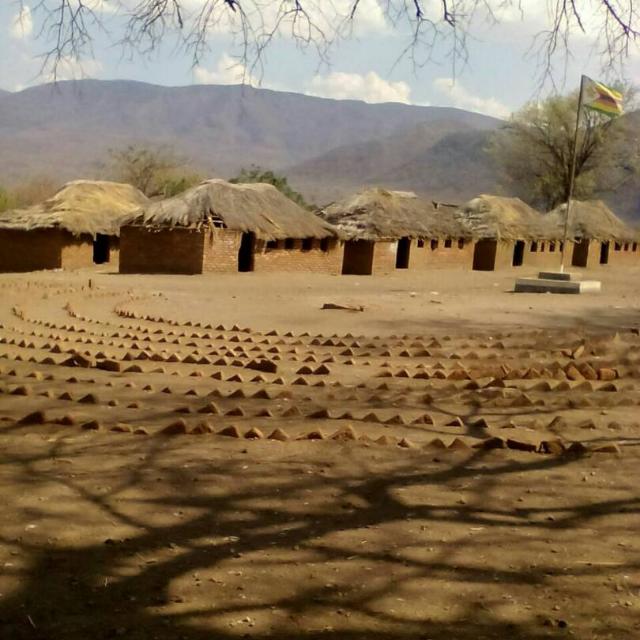Zimbabwe. It is not feasible for many students to study online whilst at home due to poor infrastructure. The majority of students use institutional resources to research online during schooldays, but due to lockdown, they are forced to buy their own internet data.
Some students reside in rural areas where there is no electricity and poor network connection. For instance, Telecel Zimbabwe, one of the three service providers mainly connects in urban regions and only a few rural areas. Electricity is found at growth points and schools only which are at times more than 5 kilometers away. In an interview with Transcontinental Times, students from rural areas emphasized the need for massive infrastructural improvements.
A challenge of data and electricity to charge phones
Tendeukai Mlambo, a student from Mwenezi said, she is struggling to even charge her phone so that she can at least attend online classes. “l am using data bundles. At the same time, the mobile network can be also a big challenge cause its not as fast as it is in town. Another issue is my phone battery. l use solar energy, so when it is cloudy l will be offline while others are learning,” she said.
A number of students are in the same situation as Tendeukai. Sharon Chikwanha from Kotwa, Motoko is failing to log in due to poor network challenges in her area. “Here network connection is poor. Ever since schools closed l have never attended classes online. We also don’t have a solar system setting at home, so l charge my phone once a week since l have to beg those who have the facility,” she said.
In such communities, one family with a solar panel serves the whole neighborhood.
Lockdown regulations have restricted people’s freedom of movement
This has affected rural folks who walk for kilometers to reach local schools where there is no power cut as such. Another student Vimbai Moyo who hails from Sunnybank farm, Kadoma said it takes 4km to reach the point where they find power but there is no WiFi. “Within my vicinity, there is no WiFi, be it school or town. I think if we could have a proper internet facility, we could work in a much better way,” she said.
Other school structures are not optimal for learning
In some remote schools, there is no hope of electricity installation as classes are made of mud, wooden poles, and thatching. Such schools are found in places towards the Zimbabwean border with Mozambique. For example in Muzarabani, there are some places where there is no connectivity due to poor road conditions. During the rainy season, it’s difficult for teachers to go home for holidays as some rivers overflow. However, requests have been made to the government to intervene in infrastructure development.
A call for addressing the challenges faced by students
Zimbabwe National Students Union (Zinasu) treasurer Abel Runga told Transcontinental Times that the union has already written a letter to Minister about the aforesaid issues. “We have realized that the government has turned a deaf ear to our pleas.” There is a lot of institutional structures that need to be put in place in terms of infrastructure,” he said.
Read also: Students Cry Foul Over Continuous Data Price Hikes When All Learning Has Gone Online
He insisted that the government needs to consult students’ union representatives who can explain them the problems that students are facing. “We have students that have no laptops or even smartphones to use, so how is it going to work?”
A need for infrastructural development
“The government needs to put proxy libraries, in rural areas to all provinces and maybe a WiFi hub,” Runga added. It’s rare for an ordinary rural school to have WiFi unless it is a boarding school. This poses an imbalance in education as some students have full access to education whilst others are struggling.

